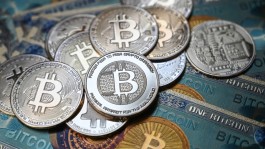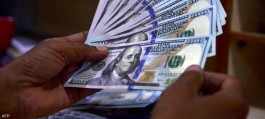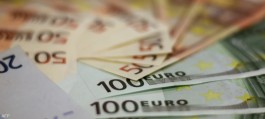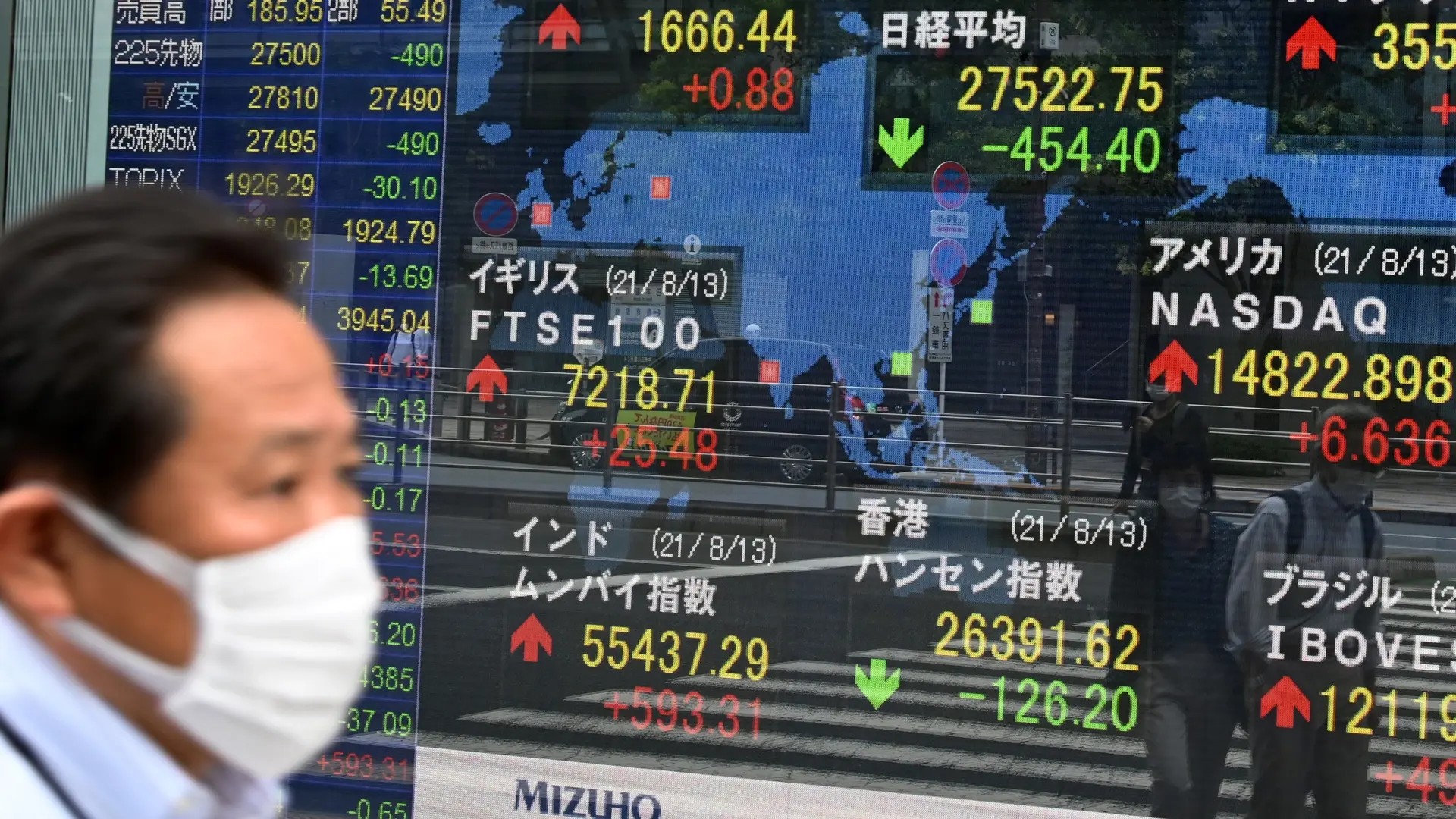South Korea is taking steps to boost the global presence of its financial markets, a move that comes amid long-standing challenges with currency restrictions that have historically hampered investors and traders. The country, Asia’s fourth-largest economy, is still classified as an emerging market due to several factors, including the management of its currency, the won.
In an effort to make the won more accessible on the world stage, authorities are planning modest reforms such as extending trading hours. Despite these efforts, the changes are being overshadowed by past foreign exchange crises, as the country’s financial system still bears the scars of past economic turmoil.
Existing currency restrictions in South Korea, including strict cross-border transaction rules, daily reporting requirements, and brokerage regulations, have been cited as factors contributing to the so-called Korean discount, a term describing the underperformance of South Korean stocks in the global market.
These constraints have also been linked to what is believed to be weak decision-making and corporate governance among the major conglomerates.
In response to these challenges, Bongju Kang, CFO of a small plastics exporter, expressed optimism about the potential benefits of extending the foreign exchange market’s operating hours, which would allow for more flexibility in currency conversions and possibly more favorable exchange rates.
The Bank of Korea has stressed the importance of continuing to monitor the foreign exchange market, especially during times of volatility, to prevent destabilizing currency fluctuations. Regulators, including Shin Jong-beom, head of the finance ministry’s international finance bureau, have pledged to maintain the current monitoring system to quickly address any market disruptions.
Until recently, the won could only be directly swapped for the dollar or Chinese yuan between a limited number of financial institutions within six and a half hours, forcing companies to rely on non-deliverable forward contracts to manage exposure to the won outside that time frame.
Starting in July, South Korea plans to extend trading hours until 0200 to align with London’s market hours. The finance ministry expects foreign participation to increase, with about 20 foreign banks applying to join the interbank market.
The changes are in line with broader reforms by President Yoon Suk-yeol aimed at eliminating Korea’s discount and boosting investment by securing the country’s inclusion in prominent indices such as the FTSE World Government Bond Index and the MSCI Developed Markets Index. Inclusion in the World Government Bond Index could potentially attract inflows of up to $70 billion.
However, analysts and market participants, including the head of FX analysis at Monex Europe, remain skeptical about the impact of the wider trading hours on access to South Korea's financial market, noting that international banks still have only partial access to the interbank market and that there are no plans to create an offshore market.
The won currently accounts for about 1% of global foreign exchange trading volume, less than the Canadian dollar and the British pound, according to 2022 Bank for International Settlements data. This relatively low trading volume relative to the country’s GDP keeps South Korea in the emerging market category.
Shinhan Bank believes that with sufficient relaxation of forex rules, the won is likely to overtake the British pound in trading volume, reflecting the country's status as a global exporter.
South Korea's strict market control practices are partly due to the country's experiences with financial crises in the past, such as the 1997 Asian financial crisis and the 2008 global financial crisis, which ingrained a cautious approach to currency management.







































